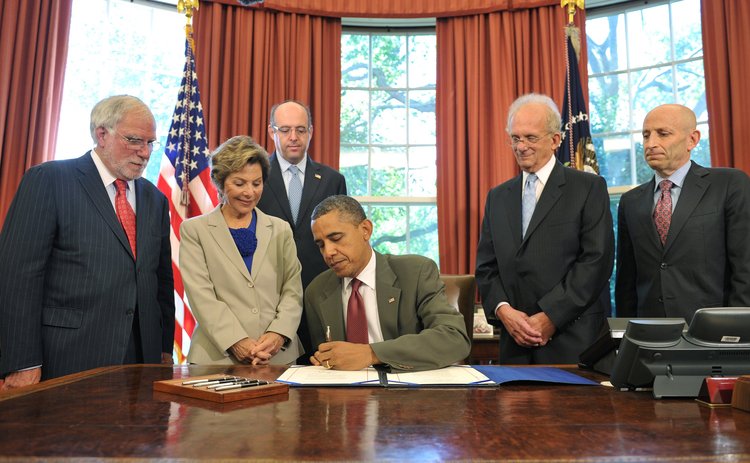The recent commercial success of Khaled Hosseini’s “The Kite Runner, “A Thousand Splendid Suns and the blockbuster film adaptation of the former has thrust Afghanistan into the spotlight.
However, Hosseini’s simple formula of presenting a highly sensationalized thriller/domestic drama/tear-jerker is high on comically stereotyped, Hitler-worshipping Taliban pedophiles, drunken Russian soldiers seeking their next rape victim, and outrageous plot twists that make “The Da Vinci Code look like a rationalized tracing of the recent history of the Catholic Church.
It is also low on writing technique, characterization and social and historical realism.
In short, it has seemingly no basis in the reality of anyone other than possibly a Nato diplomat trying to legitimize their presence in the country. There is a notable lack of English-language material that has intelligently tackled the recent histories or current realities of the inhabitants of those countries invaded during the “War on Terror.
Therefore, it is particularly refreshing to come across a book of such – albeit flawed – quality as Jason Elliot’s travel memoir “An Unexpected Light.
The quality of Elliot’s work perhaps owes much to both the author’s contagious enthusiasm for the Afghans he meets and the practices and habits he witnesses. Under the curious fascination of the writer, such events as having one’s hair cut, taking a taxi ride out of town or smoking opium become as intricate and beautiful as a Japanese tea ceremony.
The main part of the book is located in the mid 1990s, following the retreat of USSR forces, but before the arrival, in Kabul, of the Taliban. During this semi-anarchic power vacuum disparate generals from the former resistance jostle for strategic control, which seems to involve random mortaring of largely civilian targets and a universal uncertainty of where territorial borders start and end.
Elliot falls into this chaotic melee with a perhaps fitting lack of understanding as to why he is there, or where he is going. Though he has some preconceived idea that he wants to write a book, he arrives with no apparent plan other than to see as much of the country as possible, and makes much of this philosophy of heading into the unknown.
At a comic meeting with the Afghan ambassador in London, the ambassador waves his hand over a huge map of the country pointing to north, east and west, claiming they are totally safe areas. With a wave of his hand he concedes that in the South there are minor difficulties. However, on his arrival Elliot discovers that the apparent ease the ambassador suggested he would be traveling in was more of a vain fantastical hope.
The reality is a journey in which Elliot crises-crosses a terrain fraught with dangers, environmental and physical, but is able to meet a cast of characters, from both the afghan and expatriate communities who appear all the more vivid and fascinating in such an uncertain backdrop. On his travels the author meets Sufi mystics, generals, diplomats and NGO workers, resistance fighters and those co-opted into the soviet army, and record his conversations with insight and empathy. He also uses the places he visits, and indeed the time spent traveling on buses, lorries, car and foot, as an opportunity to delve into the culturally rich and diverse history of Afghanistan.
If there’s one complaint with Elliot’s work, it is with the venom with which he attacks many members of the expat community, while at the same time often turning up in various areas of the country where they operate and automatically assuming that they should offer him their hospitality.
Despite his insistent praise and admiration for the Afghans he meets, he seems reluctant to spend too much time with them, becoming quickly irritated with the regular questioning about his home, nation and customs he understandably receives when arriving in little-visited rural hamlets, preferring instead to socialize with the very expats he so often lambastes.
Yet his journey is unquestionably interesting, his writing style is sophisticated and often beautiful, and his political and social commentary appears to be illuminating while remaining objective. This work is highly recommended and comes as a necessary and welcome antidote to more politically propagandist commercial successes.

